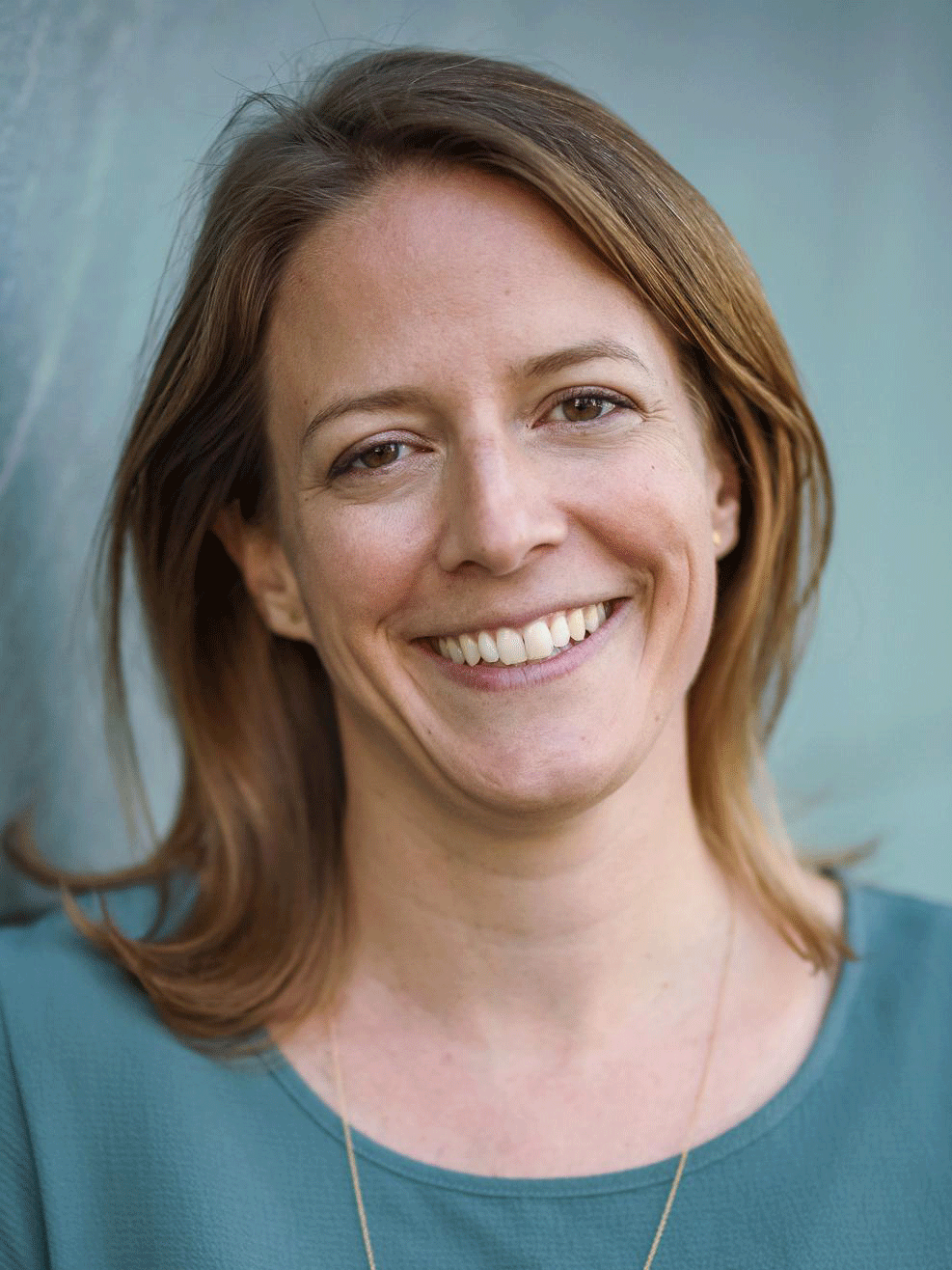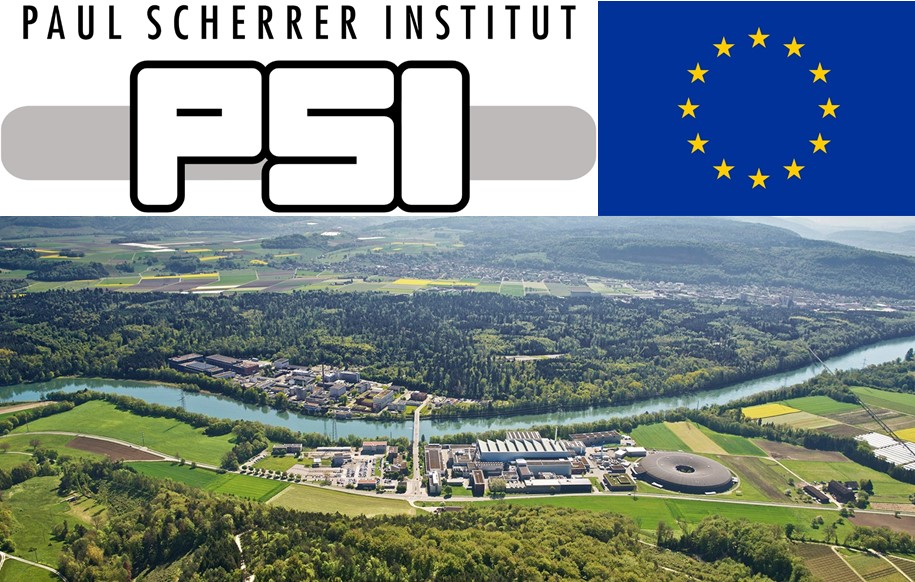Dr. Camila Bacellar Cases da Silveira, PSI
Camila received her Ph.D. in Physical Chemistry from the University of California - Berkeley, in 2017, working in the groups of Prof. D. Neumark and Dr. O. Gessner. Her Ph.D. work focused on the ultrafast dynamics of highly excited Helium nanodroplets, investigated via time-resolved photoelectron spectroscopy, using a high-harmonic generation source, as well as probed by single-particle coherent diffractive imaging, at the LCLS, in Stanford. She moved to Switzerland for a post-doctoral position at the Laboratory of Ultrafast Spectroscopy at EPFL, where she utilized ultrafast x-rays techniques (XAS and XES) to investigate the structural and electronic dynamics of heme proteins in physiological media, at X-ray FEL facilities around the world. Since 2020, she is an Instrument Scientist at the Alvra endstation at SwissFEL, continuing her research on photoinduced ultrafast dynamics of chemical and biological systems, and collaborating with external users of the Alvra endstation.
Dr. Andrew Ulvestad, Tesla, USA
Dr. Andrew Ulvestad is a staff research engineer at Tesla. He currently works on high energy, low cost cathodes for electric vehicles and stationary storage. He also works on rapid charging solutions for Li ion batteries. Previously, he was an assistant physicist at Argonne National Laboratory in the Materials Science division where he focused on understanding the connection between atoms and complex systems by developing and employing advanced characterization techniques.
Prof. Marianne Liebi, EPFL and PSI, Structure and Mechanics of Advanced Materials

Marianne Liebi is Tenure-Track Assistant Professor at EPF Lausanne and head of the group “Structure and Mechanics of Advanced Materials” at PSI. She has been appointed in 2021 at EPFL where she is part of the Institute of Materials within the School of Engineering. Marianne Liebi studied Food Science at ETH Zurich where she also obtained her PhD in 2013 in the Laboratory of Food Process Engineering lead by Prof. Erich J. Windhab. Within this project started using small-angle neutron scattering at PSI for the characterization of soft-matter, namely of magnetic alignable self-assembly structures. As a Postdoc in the coherent X-ray scattering group at the Swiss Light Source she worked from 2013-2016 on method development in SAXS tensor tomography. In 2016 she moved to Sweden where after a short period at the NanoMAX beamline, MAXIV Laboratory, Lund she started her own research group in 2017 as Assistant Professor at the Chalmers University of Technology, Gothenburg, and became Docent in Physics in spring 2020. She kept her affiliation at Chalmers University of Technology, where still part of her group is located (Liebi research group) when moving back to Switzerland in 2020 where she was Scientific Group Leader in the Center for X-ray Analytics at Empa, St.Gallen, before joining PSI in November 2021.
Prof. Andrej Singer, Cornell University, Materials Science and Engineering, USA
Andrej Singer received his Ph.D. degree (2012) in Physics from the University of Hamburg, Germany in the lab of Prof. Edgar Weckert and Prof. Ivan Vartanyants, following a Physics diploma from the University of Muenster, Germany. He studied the properties of new x-ray sources, particularly their ability to generate interference patterns, similar to lasers in optics. He then worked as a Postdoc in the lab of Prof. Oleg Shpyrko at the University of California San Diego. Singer’s group applies coherent x-ray scattering techniques to study a wider range of materials, spanning from fundamental correlated electron materials and applied "real" materials in operando devices to photonic crystals, in particular those present in nature.
Dr. Amina Mirsakiyeva, Carl Zeiss SMT GmbH, Germany
Dr. Amina Mirsakiyeva is a computational physicist. She graduated her PhD back in 2017 at KTH Royal Institute of Technology in the field of Molecular dynamics of thermoelectric polymers. After completing a postdoc at Uppsala University, where she studied a the mechanisms of charging and discharging of Li-batteries, she moved to German R&D. During 2020-2021 she worked at Carl Zeiss as physicist in the field of EUV-Lithography.
Dr. Jan Ravnik, Credit Suisse
Jan Ravnik is currently employed as a data scientist at Credit Suisse in Zurich working on an entity resolution pipeline. He studied physics at the University of Ljubljana (Slovenia) in the Faculty of Mathematics and Physics (2010 - 2016) and also obtained his PhD in condensed matter physics at the University of Ljubljana in 2019. He performed his doctoral research at Jozef Stefan Institute (Ljubljana), working with ultrafast lasers and scanning tunneling microscopy. In 2019, Jan Ravnik started a postdoc as a PSI- Fellow in the group of Simon Gerber (Quantum Photon Science) where he used X-rays to resolve phase transitions in a transition metal dichalcogenide 1T-TaS2.

